Yinka’s Nigerian aunties frequently pray for her delivery from singledom, her work friends think she’s too traditional (she’s saving herself for marriage!), her girlfriends think she needs to get over her ex already, and the men in her life…well, that’s a whole other story. But Yinka herself has always believed that true love will find her when the time is right.
Still, when her cousin gets engaged, Yinka commences Operation Find-A-Date for Rachel’s Wedding. Aided by a spreadsheet and her best friend, Yinka is determined to succeed. Will Yinka find herself a huzband? And what if the thing she really needs to find is herself?
Yinka, Where is Your Huzband? brilliantly subverts the traditional romantic comedy with an unconventional heroine who bravely asks the questions we all have about love. Wry, acerbic, moving, this is a love story that makes you smile but also makes you think–and explores what it means to find your way between two cultures, both of which are yours.





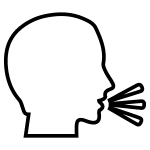





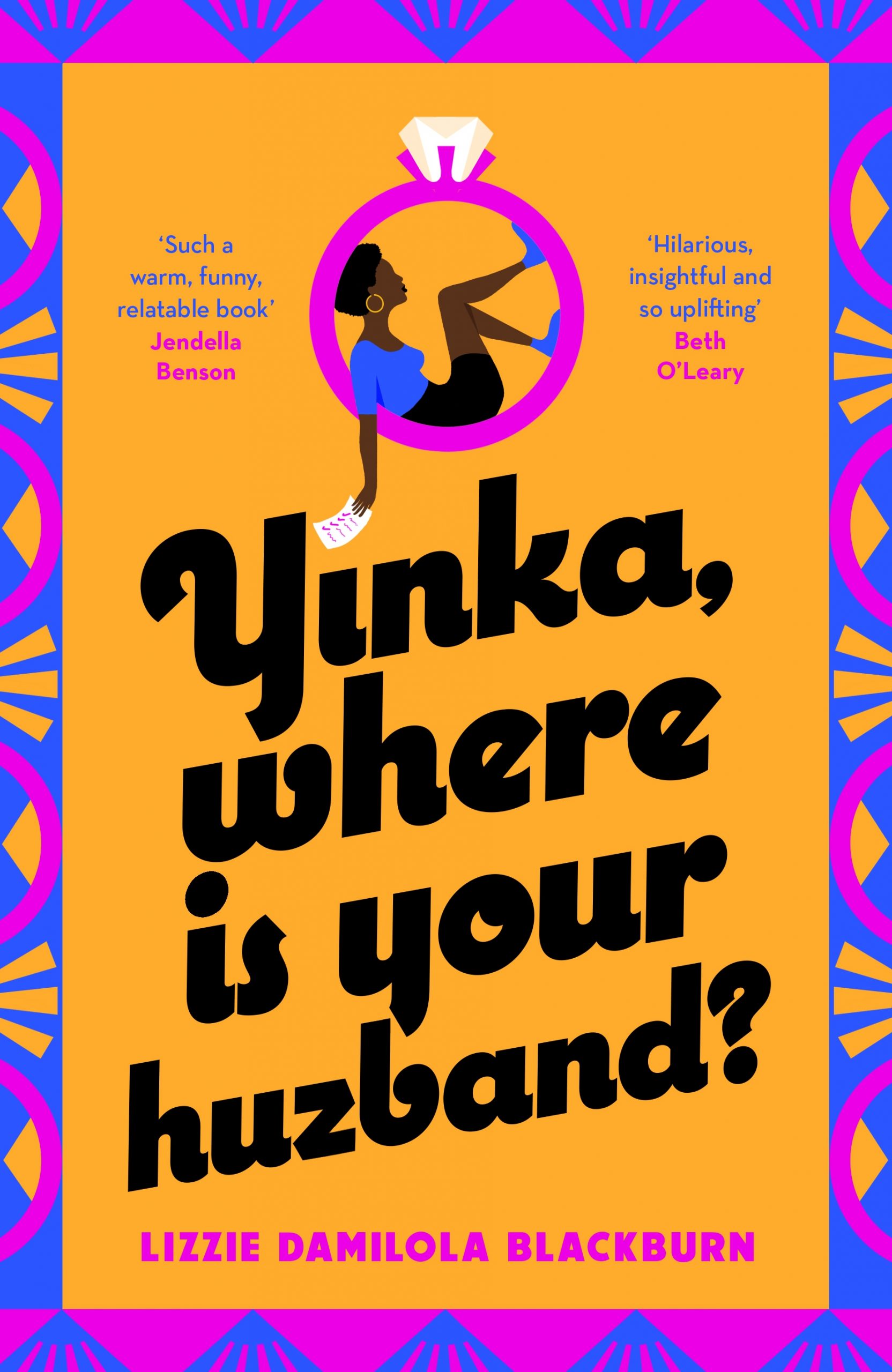
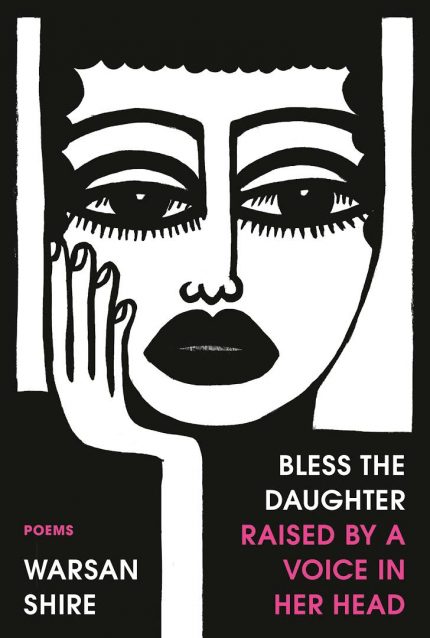


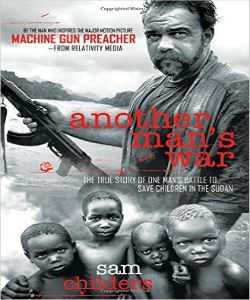
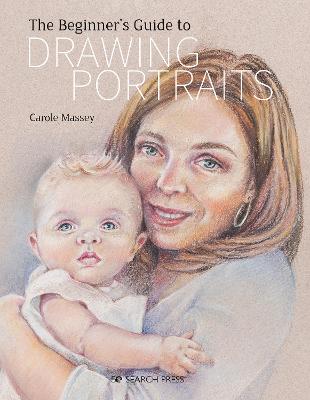
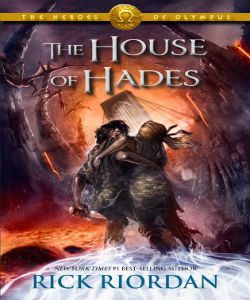
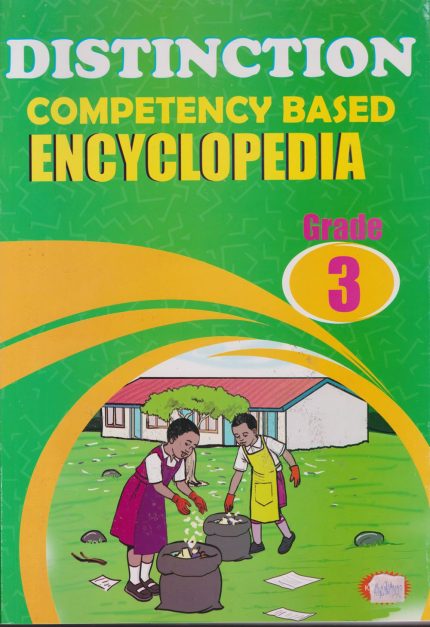

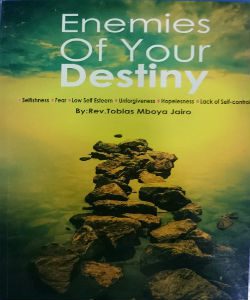
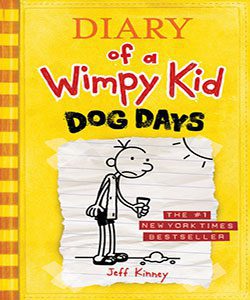

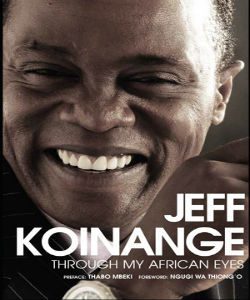
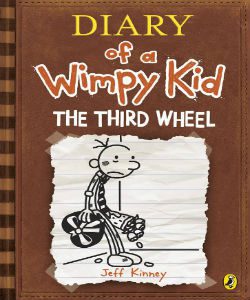
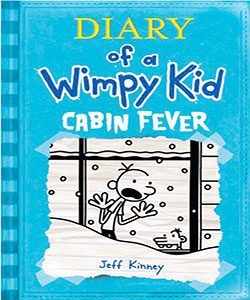
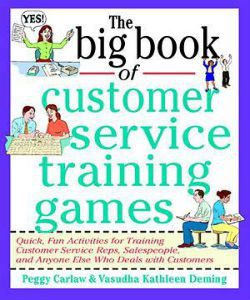
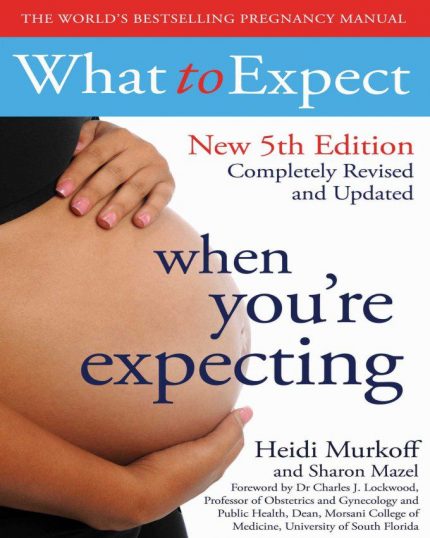
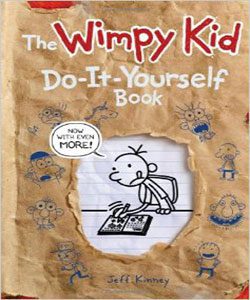

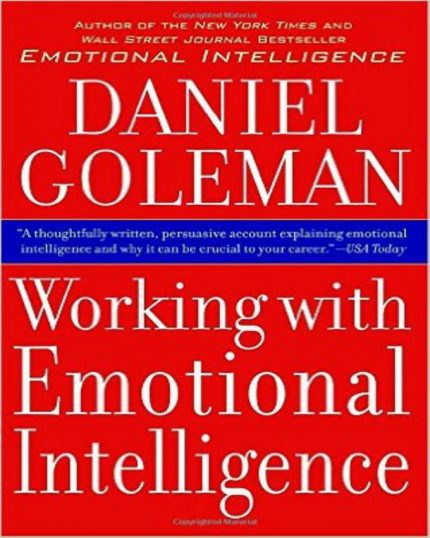
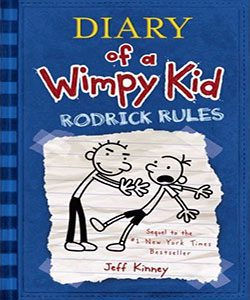
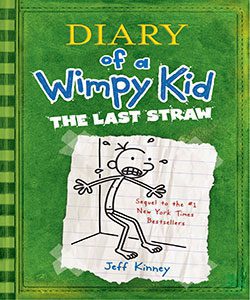
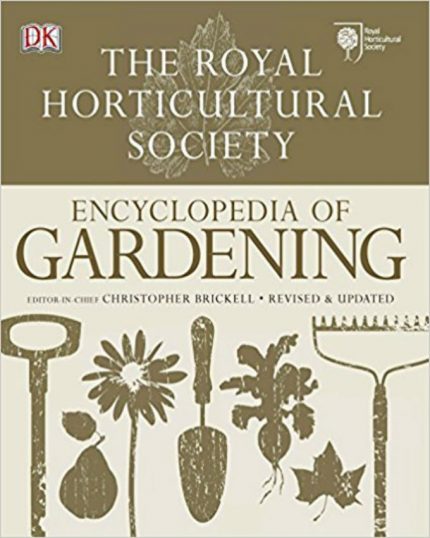






Omeno Michelle –
“What if you never find love or get married? How you ultimately be?”
~~~
When I read a book and connect with a character or relate to what they’re going through I feel like the book has a soul of its own and Yinka, Where Is Your Huzband is such a book.
This story touched on a myriad of phenomena that sold truth to me. Love, marriage, friendship, mother-daughter relationships and family take centre stage. Aside from the foremost former don’t the rest take center stage in the African way of life that mad the story feel like home away from home.
Blackburn delivered this story in a way that’s reminiscent of Bridget Jones’ Diary adding lotsa depth and humor to her characters that made them vivid, other dialogue formats (that I immensely enjoyed), with lotsa hard truths in an easy to digest way.
Yinka’s tale is not far from many women’s journey into marriage and while she felt powerless in the end she took back her power in a show to remind you you hold the power.
Empowerment, healing, faith in self, tap into your creativity, traditions, societal expectations vs reality, balance, forgiveness, self love and acceptance are the other themes that took centre stage.
One thing is for sure, relationships can either make you or break you: I love the way Blackburn reminded us through Yinka’s story and that important reminder in the end the most important relationship is the one you have with self.
I also love fact that this story reminded me, reminded us the readers it’s okay not to be okay. That it’s okay to seek help.
Yinka started out finding a huzband and in the end she found her true self.
I succinctly sipped this book from cover to cover. I see why a draft of the book won an award.
‘ “I need to get in touch with who I really am,” I say. “Not try to be the person the world wants me to be.” ‘
Chief, the NuriaStore bookseller –
The, book Yinka, where is your huzband is about acceptance of who you really are, and not seeking opinions of how about people look at you to determine who you really are.
Yinka, is a successful young woman who has a career, degree, a house, a car but hasn’t been lucky or successful in finding love or a husband. And this bothers her family especially her mother who feels like she’s getting old, now that Yinka turned 31 years old.
When her cousins get married, she is now even more pressured to at least go out and look for a date, making her sign up for dating apps like Tinder. By doing so she thinks that this action will finally help her answer the question that everyone wants and an answer for
“Where is your huzband?”
Well, it’s a hard journey for her since, she meet few dated along the way and they just don’t turn out to what she want for herself. Heartbreaks, tears, abuses you name it, not forgetting about falling for her friend instead of her. Let’s say it’s full of disappointments
The book covers the content about colourism and peer-pressure where the author takes us through on how Yinka managed to overcome and use to her advantage.
This book well, captures the situation, we find ourselves in because of the pressure we get from friends and family.
My take: This is a beautiful fun written story about love and acceptance and the characters and personalities in the book make the book ever more interesting to read.